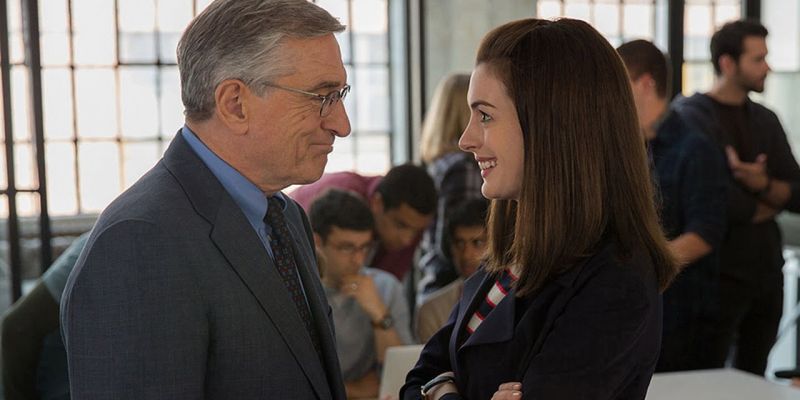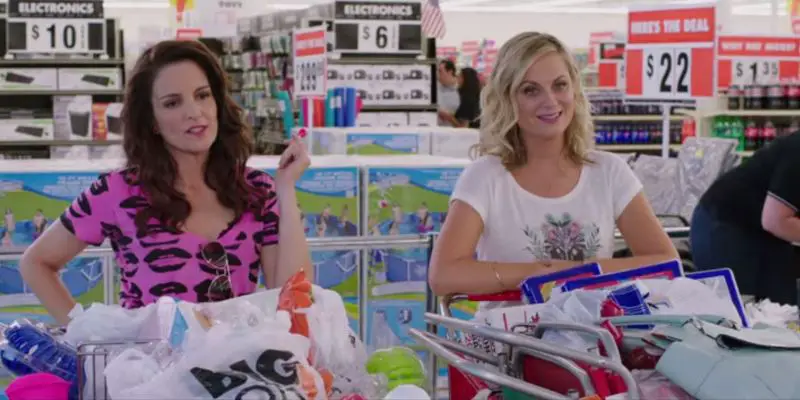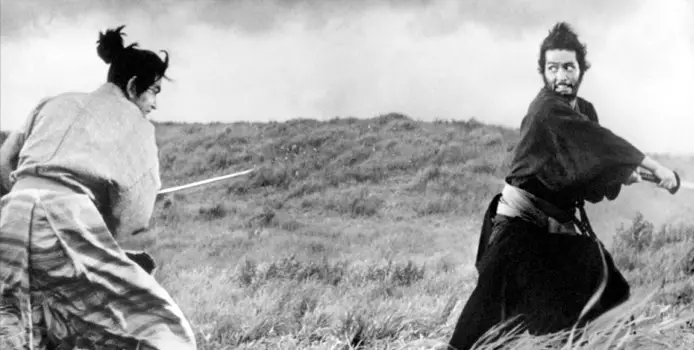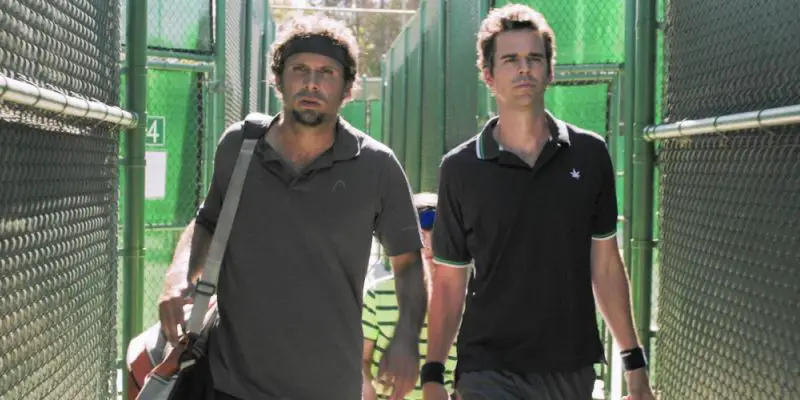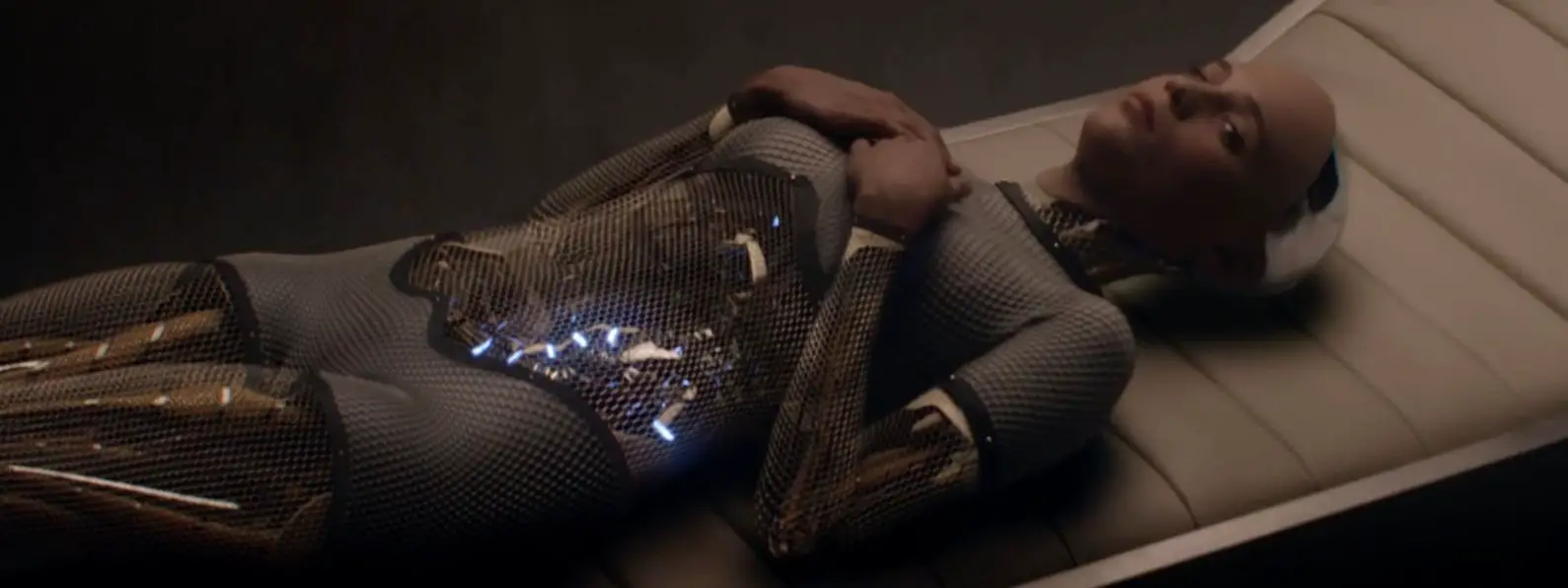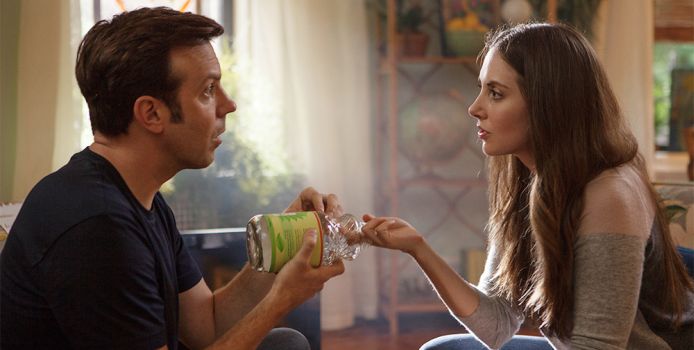
We currently live in an age where the classic rom-com has become taboo. Jerry Maguire and When Harry Met Sally have been traded out for Trainwreck and now Sleeping with Other People. The problem with this new modern movement is that the emotional heart of the original 80s and 90s films are mostly lost.
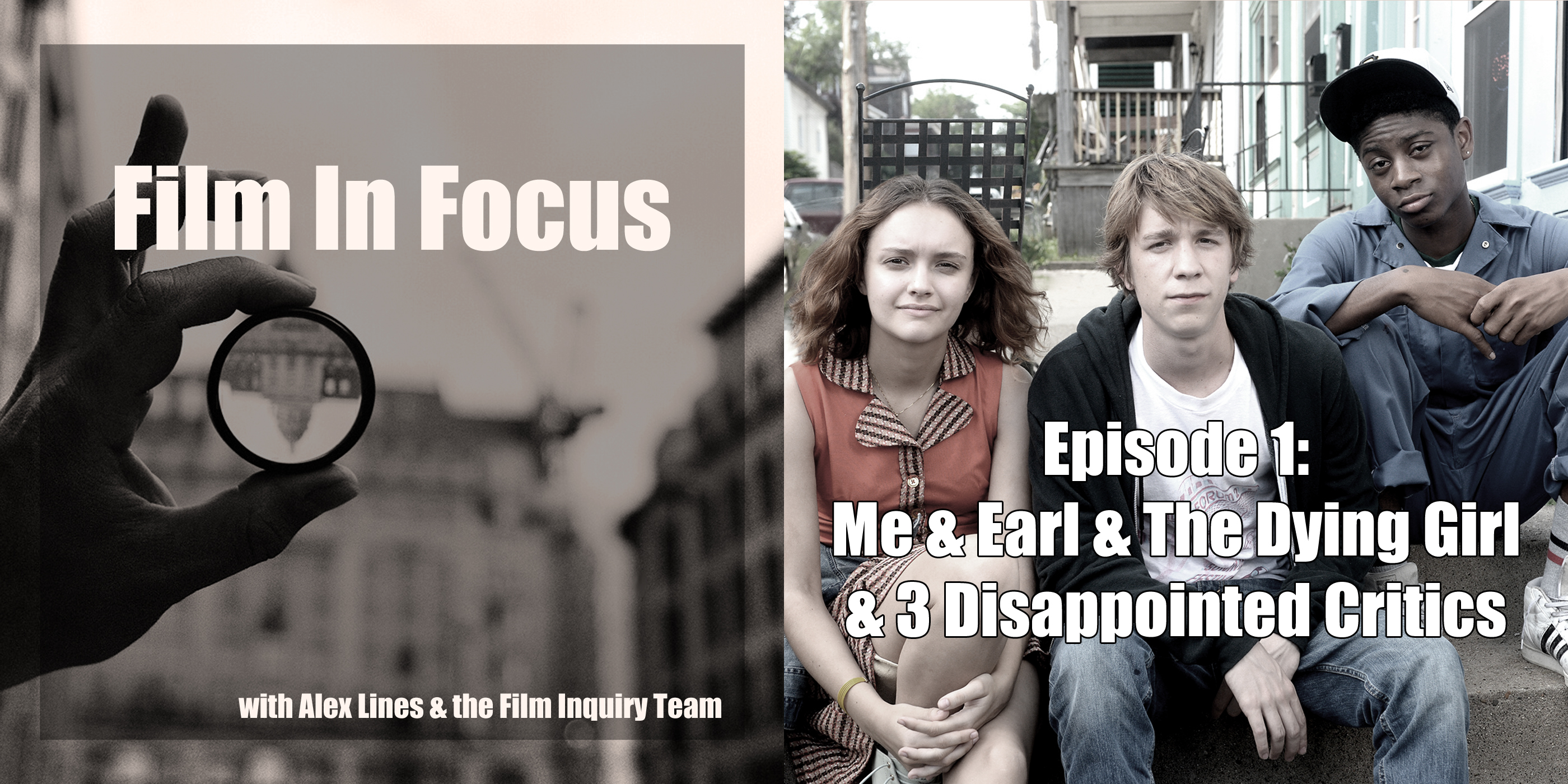
Introducing the first episode of the tentatively titled ‘The Film Inquiry Podcast’, where each episode myself (Alex Lines) will be joined by two of our writers to pick apart and discuss a different film. In our initial episode, I’m joined with Julia Smith and Alistair Ryder, who I stupidly forgot to name in the podcast episode itself. As Julia, Alistair and I were all disappointed with the 2015 indie darling Me and Earl and the Dying Girl, we talk about what exactly we didn’t like about it and try to break down who exactly the film was aimed towards.
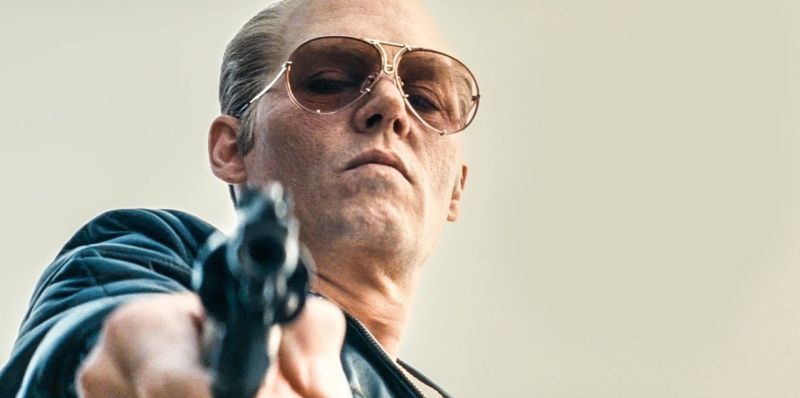
There is a right way and a wrong way to tell a gangster story. Some of the very best have utilized inventive camera techniques, are fueled by impressive acting talent, and are backed by an engaging, well-written screenplay. Black Mass attempts to be something great; yet, when thinking back to it, it’s likely only the acting that will be remembered.

David Lynch has one of the most polarizing bodies of work in Hollywood (though he is objectively one of the nicest and most genuine people there). His films divide audiences like they were born of a marriage between Moses and Solomon. Filled with peculiar idiosyncrasies and defiantly flaunting conventions of both genre and narrative, Lynch’s films have been stubborn in their consistency for most of his career.
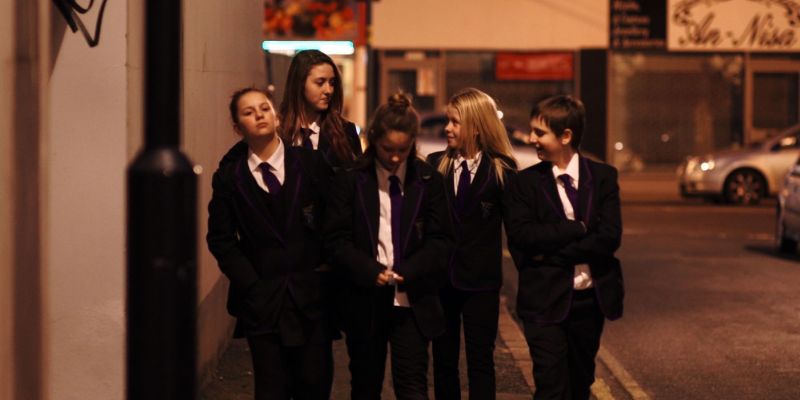
Low budget productions always have to come to terms to the fact they are not going to be able to offer proper cinematic spectacle on a minuscule budget. A Dozen Summers instead opts to be as deliberately amateurish as possible, giving it the distinctive feeling of a movie that the twelve year old protagonists would not only wish to make, but would be capable of making. It feels aimless, rambling at even a brief 82 minutes (eight of which are dedicated to elongated end credits), but proves near impossible to dislike despite all of its clear faults.
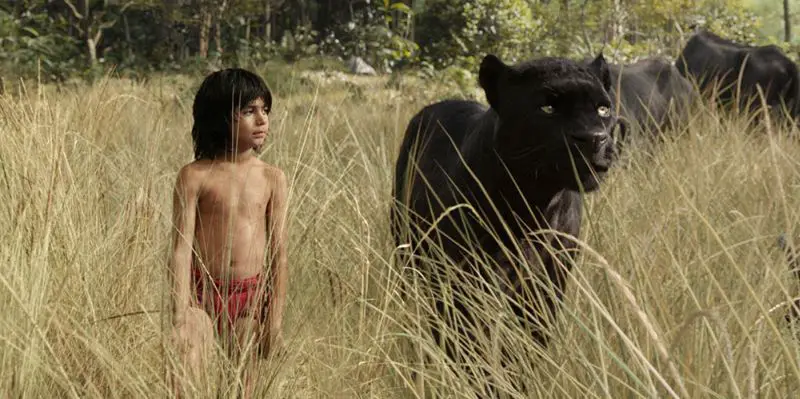
What with Disney giving all their classic animated films the live-action treatment, it was only a matter of time until we’d get a live-action Jungle Book. The trailer is impressive, but the giant amount of CGI on display here does make you wonder: it must’ve been hard for new-kid-on-the-block Neel Sethi, who plays Mowgli, to interact with all the green screens and actors fitted with giant motion capture suits.
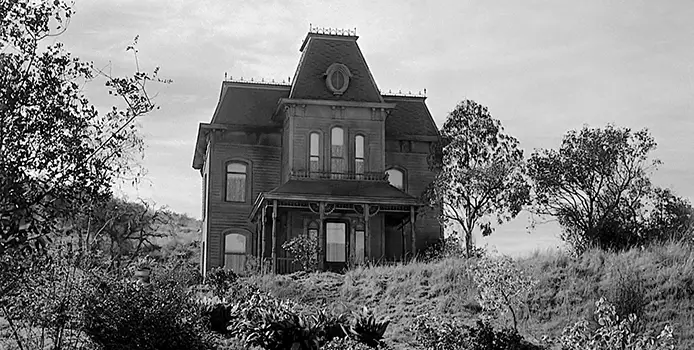
In 1960, Alfred Hitchc*ck saw the future. The British director had been a force in cinema since silent films, but the 1950’s were by far his most successful decade at the movies. He churned out blockbuster after blockbuster, all filmed in gorgeous color with top Hollywood stars like James Stewart, Cary Grant, and Grace Kelly.
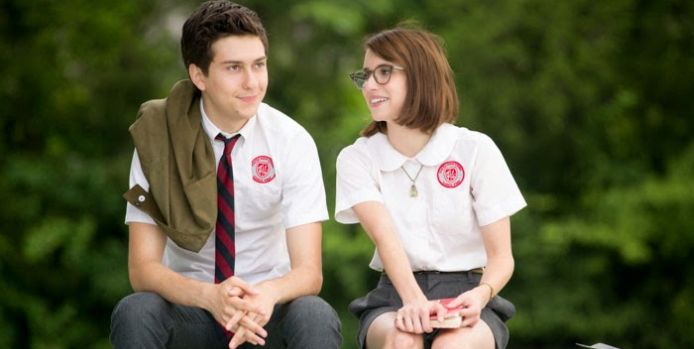
It’s a feel-good comedy but way more ridiculous than I expected. Most often, a feel-good comedy is centered around tame jokes and a situation that is easily identifiable. This film seems to be based around a young man’s coming-of-age through time spent with a retired CIA assassin suffering a terminal illness.


